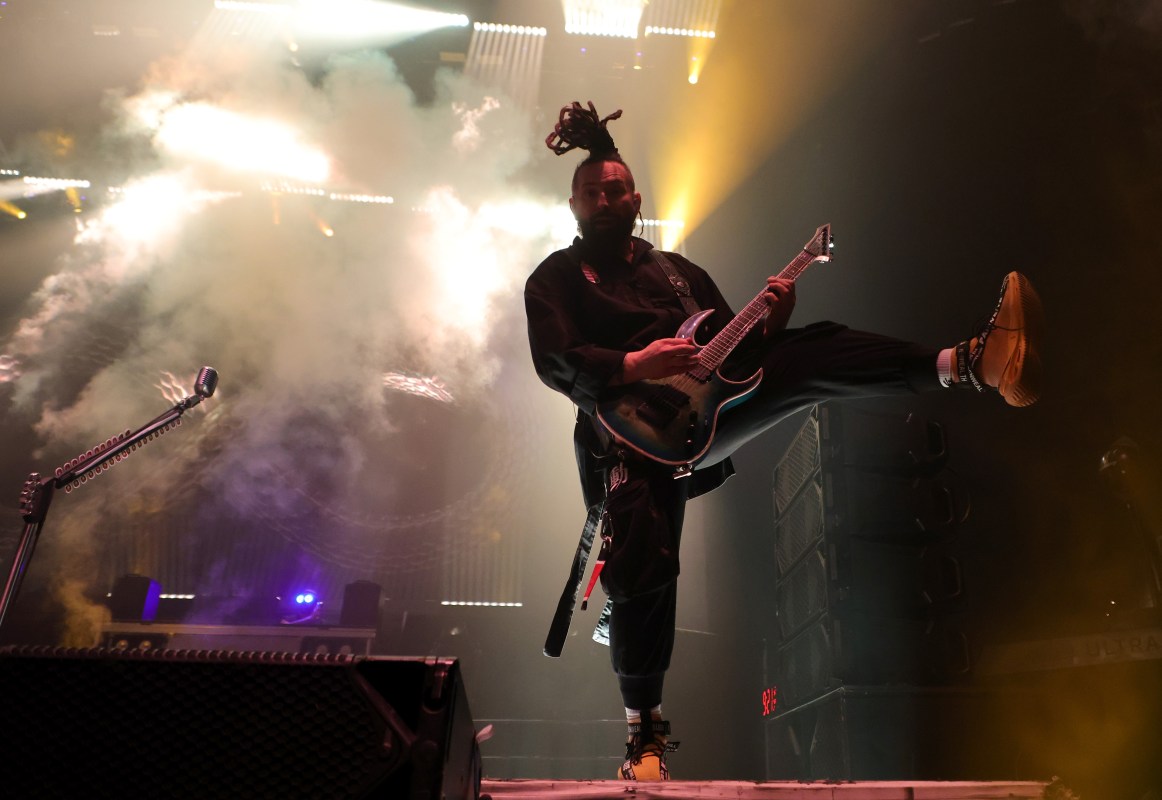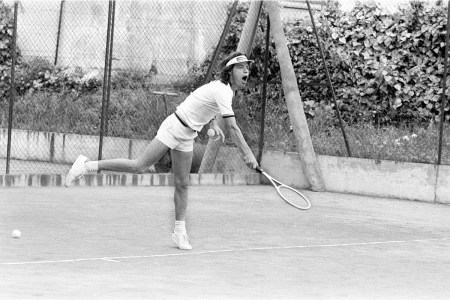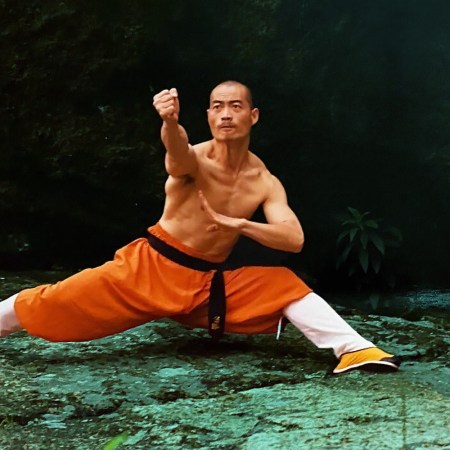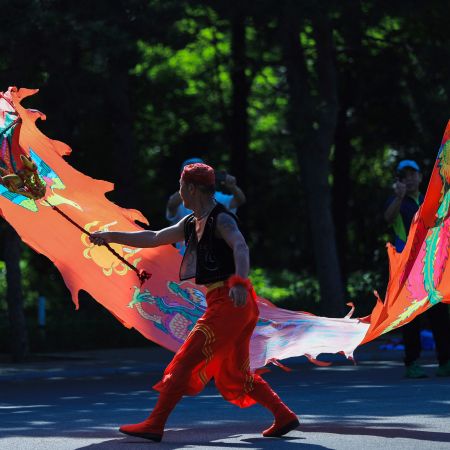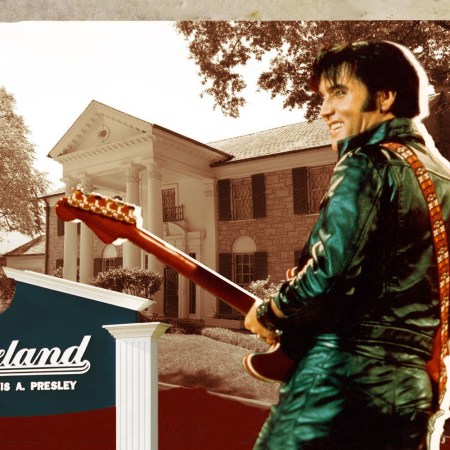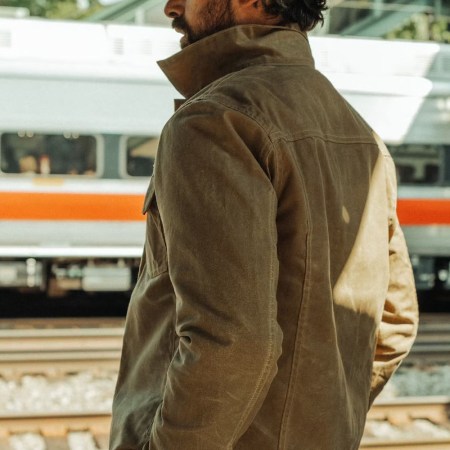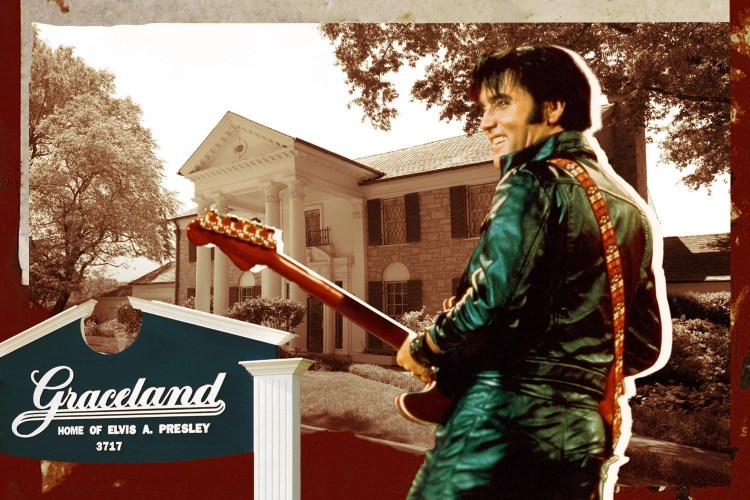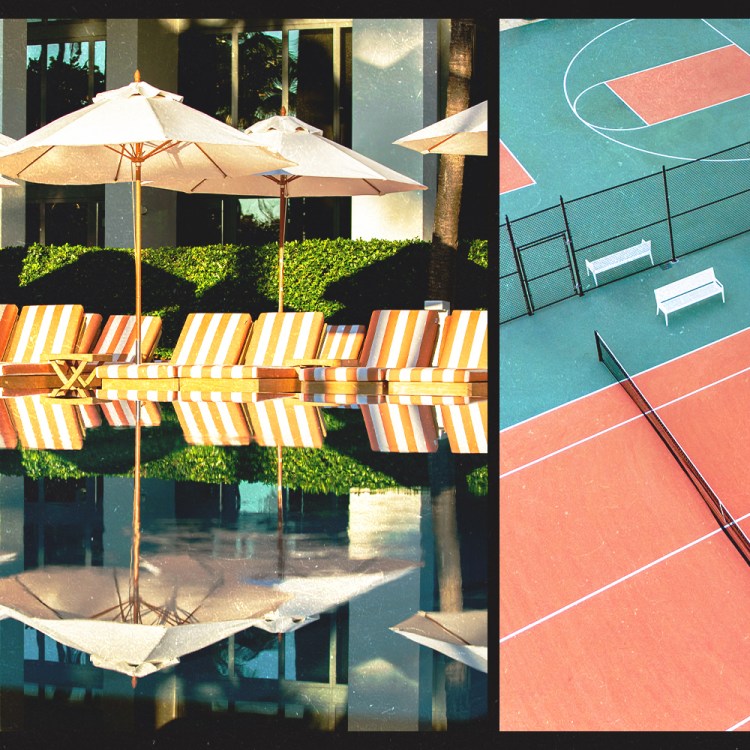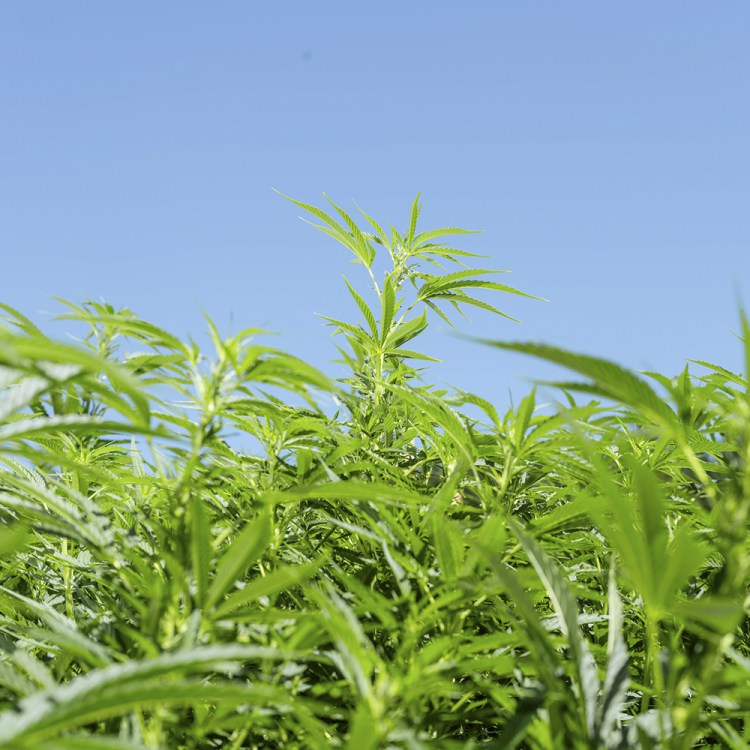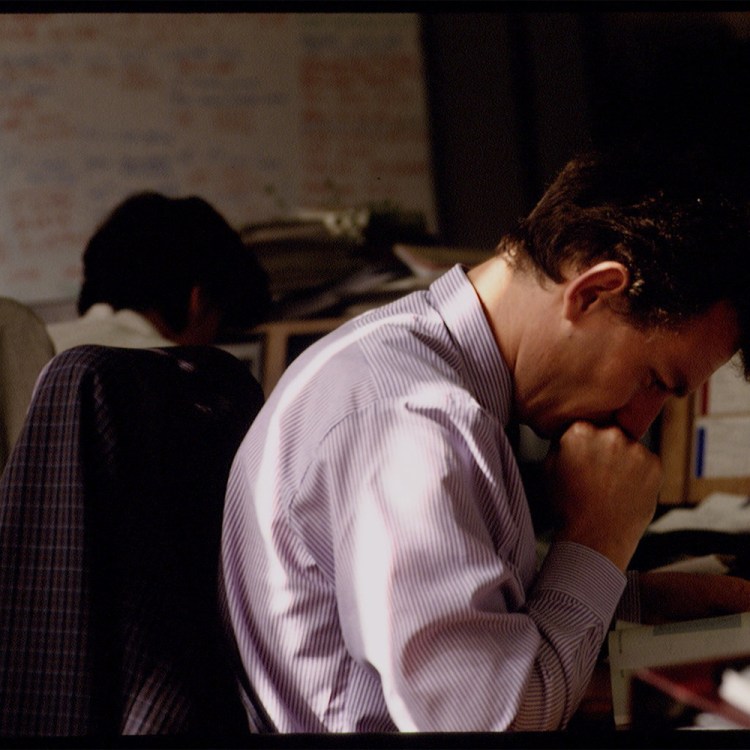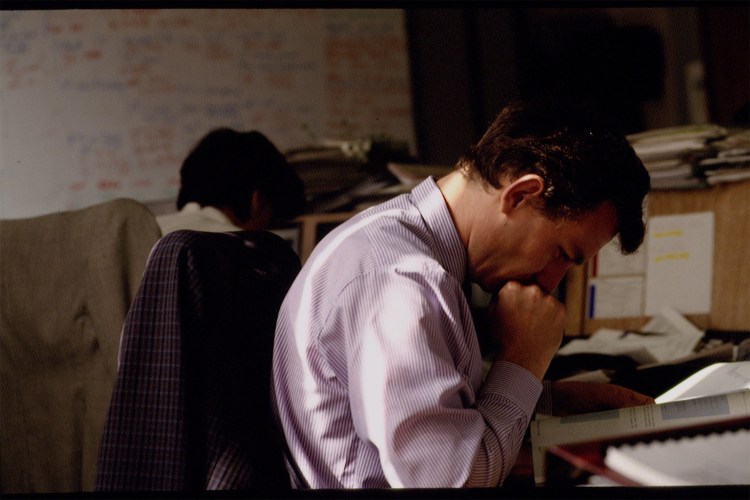Backstage at a Five Finger Death Punch concert isn’t what you’d expect.
Instead of partying in the green room before showtime, one of the biggest metal bands in the world hosts a decidedly different kind of meetup. Zoltan Bathory, a founding member and guitarist of the band, also happens to be a jiu-jitsu gold medalist. He welcomes the tour crew and fellow musicians into his “backstage dojo” to roll.
Bathory is one of a number of metal musicians who rely on Brazilian jiu-jitsu to stay sharp on the road, but his connection to the sport is deeper than most. In addition to an impressive competition background, he’s married to Heather Grace Gracie, granddaughter of one of the founding fathers of Brazilian jiu-jitsu, Carlos Gracie.
We sat down with Bathory to discuss training on tour, injury prevention and the underrated connection between metal and the martial arts.
How Musicians Train Their Bodies to Get Into “Concert Shape”
Artists are taking care of their health like never before. Here are their secrets.InsideHook: How did you first find your way to jiu-jitsu and what drew you to pursue it all the way to competition?
Zoltan Bathory: I started practicing martial arts when I was nine years old. The first style that I studied was judo, but when I eventually found jiu-jitsu a little bit later, I knew that was the correct fit for me. In my opinion, body-mind connection that happens in jiu-jitsu is deeper than in any other combat sport. That’s why I love it. It also takes a lot of dedication to achieve a black belt in jiu-jitsu, somewhere around 10 years. I find that’s similar to music — it takes a long time to become good and there are no shortcuts. I don’t care who you are, you have to put in the same work to get that black belt. There are champions in the UFC who still don’t have their black belt.
I’ve noticed there are quite a few people in the metal scene who also train jiu-jitsu, like Dave Mustaine from Megadeth, Matthew Heafy from Trivium, Herman Li from DragonForce, Phil Labonte from All That Remains, and more. What do you think attracts people from the metal world to jiu-jitsu and vice versa?
There are a few reasons I think lead to the connection. For starters, metal is tribal and jiu-jitsu is tribal. These are passions and pursuits that attract a certain kind of people, and they are niche. I find myself having the same feeling when I see someone wearing the shirt for a metal band that I’m a fan of as I do when I see someone with a jiu-jitsu shirt on. I know immediately that I am going to get along with that person. I think there are a lot of people who feel that way.
There’s another line of thinking that makes sense, which is that the martial arts are the study of war, in a lot of ways. And in modern times, what kind of music do you think you are going to play if you are going to war? Pop? Jazz? Probably not. I think most people would chose to march into war listening to metal or rock. I know a lot of people who listen to metal or rock when they are getting ready to train or training.
I’ve seen that you train while you’re on the road, too. What makes it a great way to stay in shape and fit while traveling?
I can train jiu-jitsu at a high level without being at a high risk for getting hurt. In contrast, if I really wanted to train judo on the road, I have to take a guy and throw him over my shoulder onto the ground. And he’s got to be able to do the same to me. There isn’t anyway to do that half-speed. There’s no way to do that lightly. There’s a point when gravity can’t be fought. That is especially true for someone like me, who is 210 pounds, and trains as a heavyweight in jiu-jitsu.
There are some forms of karate that don’t really focus on contact, so you aren’t really feeling your opponent. That is why jiu-jitsu is special, because you have the real contact with your opponent. I can even go at a slower, more thoughtful pace when I’m practicing jiu-jitsu. There’s a flow that happens when you roll; it’s not always about hard, aggressive movements. Sure there is still the possibility of injury, but it’s not as instantaneous. You’re able to be more cautious.
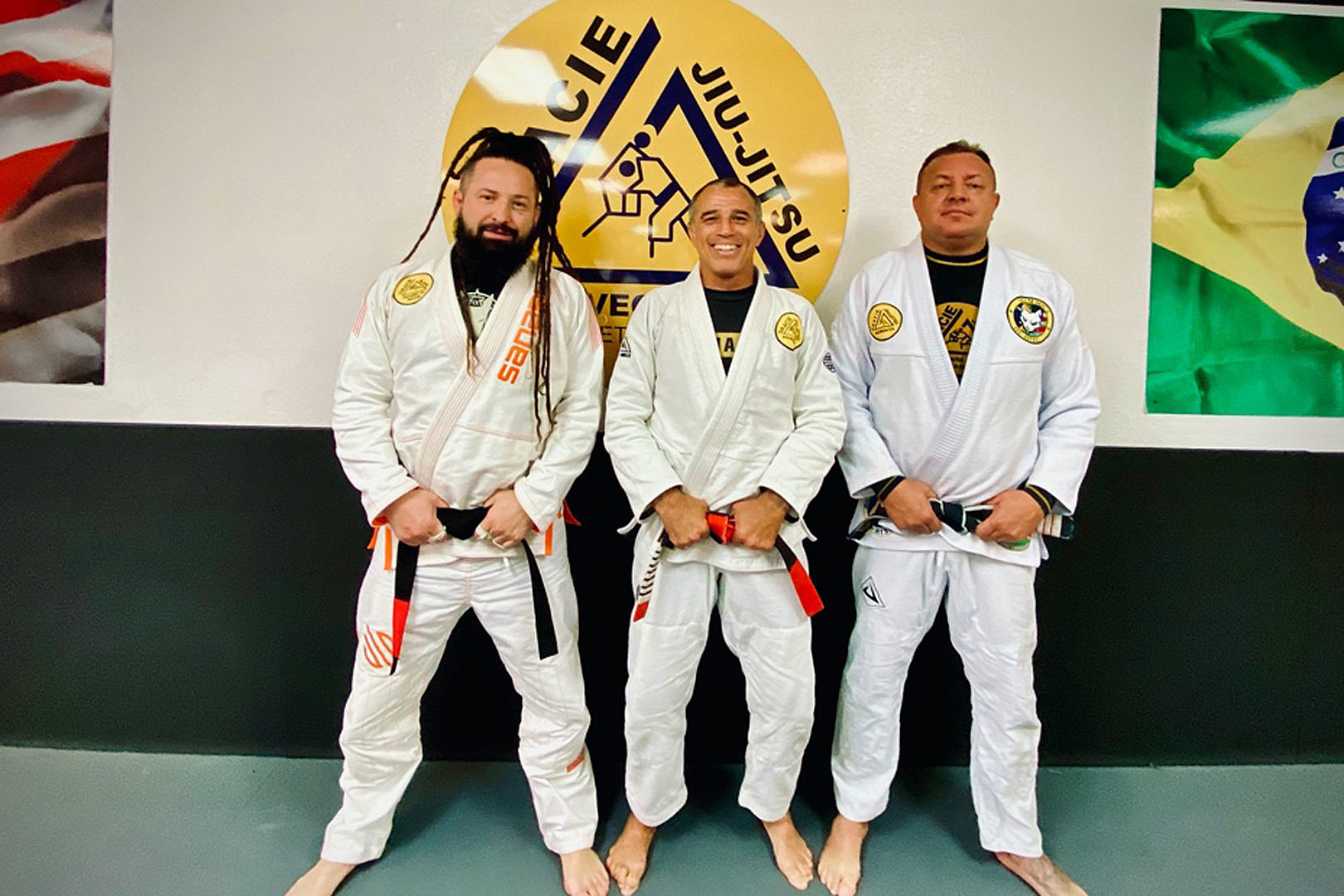
How is your training set up while you’re on tour?
I always travel with at least two black belts in our tour crew. My head of security and my tour manager are both black belts. During tour, we set up what we call the “backstage dojo” for us to practice in every day before the shows. There are bands who we tour with — some who you mentioned at the beginning, as well as their crews — that will train with us. For example, Maynard [James Keenan] from Tool trains and his head of security is a black belt. I run into his head of security during competitions. Same thing with Dave Mustaine. His head of security is a third-degree black belt.
Sometimes we can have as many as eight black belts in the gang. These guys are celebrities in the jiu-jitsu world. On top of that, because of the brotherhood of jiu-jitsu, I can go into any city and find a BJJ gym. I could call the local academy and they would open their doors for me. Going into a local spot is also a great way to meet cool, new people in whatever city that we get to visit with the band.
Even though there is less of a risk, I have to imagine since you’re competing in jiu-jitsu, injuries still happen. How do you work to prevent them in your backstage dojo?
I’ve had injuries, but I’m lucky that it’s never been anything serious with my fingers. I’ve played concerts with broken ribs, a broken fibula and broken toes. I’ve walked onstage with a boot on or my ribs wrapped up. I’m sure there were some people in the audience who thought I was especially digging my riffs, but really I was wincing because of the pain I was feeling. That’s not to scare people if they want to start jiu-jitsu. These are injuries from competing and rolling at a very high level. Plus the fact that I’m in the heavyweight divisions.
I probably should have more injuries, but I’ve figured out a great way of protecting my hands. I wrap them in the Vulcan salute, with my pointer and middle finger taped together, and my ring and pinky finger taped together. The most common reason for breaking or spraining fingers is getting it stuck in the gi. If your fingers are unwrapped, it’s much easier to break them when they’re caught. The way that I tape them is the best way for dexterity and strength for those muscle groups.
In addition to the support that taping my hands brings, it also serves as a reminder to be careful when I’m rolling. I’m a competitive person, and it’s easy to get carried away. That’s when there’s a greater risk of getting hurt. Also, I make sure to wrap my hands no matter what, even when I’m teaching seminars or getting on the mat to showcase one move. Because if I didn’t, that’s when those mistakes can happen.
I remember speaking with Anthony Bourdain about his love for jiu-jitsu on the road. What are some other benefits that you see from practicing it on tour?
There’s a true social aspect that I think people on the road, like musicians or other professional travelers, get from jiu-jitsu. This social aspect isn’t really as present in the other [martial arts] styles. I remember someone I know said, “If we train judo together we’re not necessarily going to be friends, but if we train jiu-jitsu together we will become best friends.” Why do I think that is? I would say it has to do with the body mechanics of this particular martial art. It’s a very cerebral activity.
I also think there’s a misconception out there in the world that musicians, especially those in the rock world, are crazy vagabonds with no discipline. But if there’s anything that practicing the martial arts in a serious way will give you, it’s discipline. That’s useful when you spend so much of your life without a cemented schedule or location. It keeps you focused and teaches your brain to look at challenges as a problem-solver. And gives you that tribe no matter where you are in the world.
Whether you’re looking to get into shape, or just get out of a funk, The Charge has got you covered. Sign up for our new wellness newsletter today.
